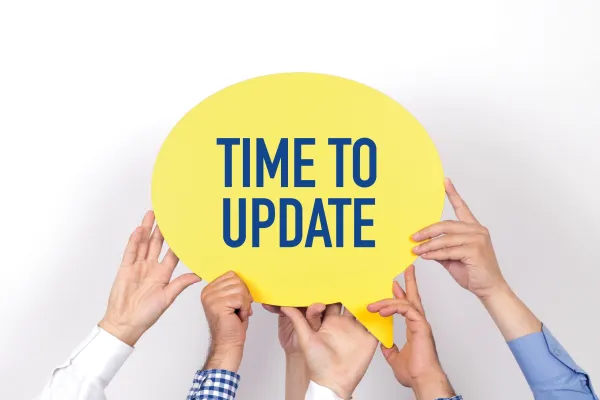Podiatry Coding & Billing Alert
Reader Questions:
Solve This E/M Puzzle
Published on Thu Jul 21, 2022

You’ve reached your limit of free articles. Already a subscriber? Log in.
Not a subscriber? Subscribe today to continue reading this article. Plus, you’ll get:
- Simple explanations of current healthcare regulations and payer programs
- Real-world reporting scenarios solved by our expert coders
- Industry news, such as MAC and RAC activities, the OIG Work Plan, and CERT reports
- Instant access to every article ever published in Revenue Cycle Insider
- 6 annual AAPC-approved CEUs
- The latest updates for CPT®, ICD-10-CM, HCPCS Level II, NCCI edits, modifiers, compliance, technology, practice management, and more
Related Articles
Other Articles in this issue of
Podiatry Coding & Billing Alert
- ICD-10-CM:
Poisoning, External Cause, Z Codes Top New 2023 Options
Hint: You’ll gain a new transportation insecurity Z code. The Centers for Medicare & Medicaid [...] - CPT®:
Bust 4 Plantar Fasciitis Myths to Solidify Your Claims
Hint: Note difference between 20550 and 20551. Plantar fasciitis can be tricky to report if [...] - Claims:
Follow 3 Steps to Avoid Claim Denials in Your Practice
Keep these checklists handy. Submitting clean claims is the goal of any practice, but if [...] - You Be the Coder:
Report Bunionectomy Codes With Caution
Question: I have a podiatrist who wants to bill two bunionectomy codes together, 28295 (Correction, [...] - Reader Questions:
Figure Out Achilles Tendon Attachment Conundrum
Question: If the podiatrist detaches the Achilles tendon to perform a calcaneal spur excision and then [...] - Reader Questions:
Solve This E/M Puzzle
Question: One of our physicians decided that a patient had to have surgery, then had the [...] - Reader Questions:
Follow Handy Modifier 22 Advice
Question: I was told documentation for modifier 22 (Increased procedural services) should be a separate paragraph [...] - Reader Questions:
Dive Into Debridement Scenario
Question: My podiatrist documented that they debrided the patient’s skin. Partial-thickness, including dermal tissue was performed. [...] - Reader Questions:
Always Report Add-On Code With Primary Code
Question: I recently got a +20933 denied for wrong place of service (POS). This was in [...]
View All


.webp)

